
“An inconsequential crime.” Those words, spoken by Judge Rebecca Grady Jennings as she tore apart the Department of Justice’s sentencing memo, seemed to linger in the Louisville courtroom like a chill. For a city and a country still trying to catch its breath after losing Breonna Taylor, the words read less like judicial doublespeak and more like a slap.
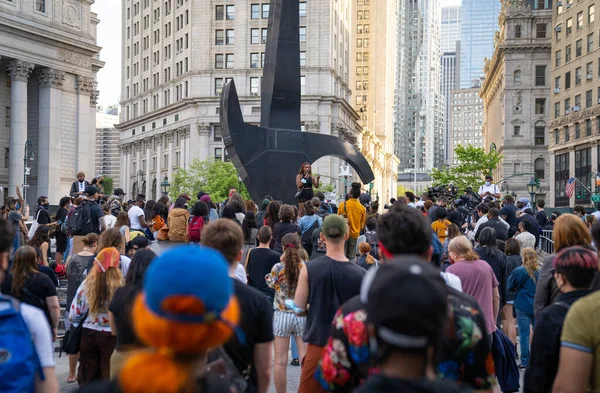
But what does it signify when the initial prison sentence in this historic case drops, and the DOJ itself appears to recede from the battle for accountability? Let’s break down what went down, why it’s significant, and how communities are forging their own path to justice and healing.
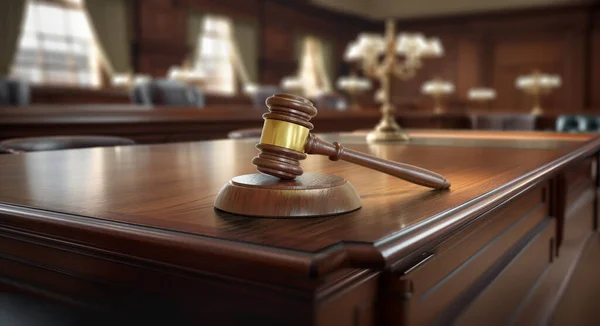
1. Judge Jennings’s Reasoning: A Rejection of Minimization
Judge Jennings did not hold back in sentencing former officer Brett Hankison to 33 months in prison. Denying the DOJ’s request for no prison time, she said, “No prison time is not appropriate.” She was “startled” that more were not hurt in the chaotic raid, stating that treating Hankison’s conduct as minor would “minimize the jury’s verdict.”
The judge’s criticism of the DOJ’s memo labeling it as “incongruous and inappropriate” highlighted her view that the justice system should never try to whitewash the cost of excessive force, even when intent and outcome are ambiguous. This was the initial prison sentence in the Breonna Taylor case, a symbolic threshold for those calling for the system to recognize harm.
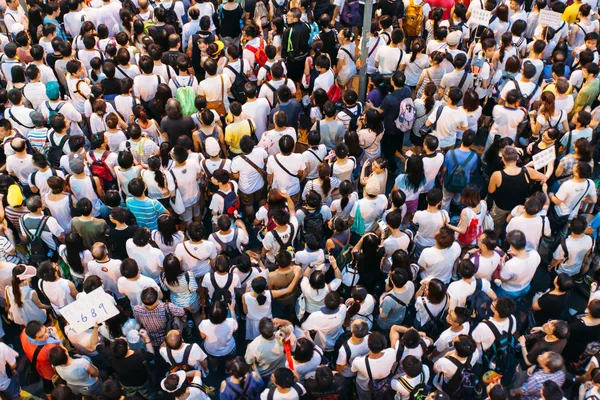
2. Community and Civil Rights Leaders: The Burden of Symbolic Justice
The sentencing was accompanied by a complicated blend of relief and disappointment. Civil rights lawyer Ben Crump, who has been with Taylor’s family from the very beginning, denounced the DOJ’s no-prison sentence recommendation as “an insult to Breonna Taylor’s life and a blatant betrayal of the jury’s verdict.” As Crump took the crowd outside in the now-trademark chant” Say Her Name” the reaction was overwhelming “Breonna Taylor! ” Taylor’s mother, Tamika Palmer, pondered the bittersweetness of the result “I’m thankful for the judge for giving some time because we could’ve walked away with nothing according to what they recommended.”
No matter how much we appear to be let down, we’re still standing and I’m thankful something did occur today. To many, the sentence was not so much about years in prison but about the public acknowledgment that Breonna’s life and the trauma her family and community suffered cannot be dismissed.

3. DOJ Civil Rights Division: A Political and Philosophical Shift
The DOJ’s sudden turnaround from years of hard-charging prosecution to a proposal of no jail time did not occur in a vacuum. Harmeet Dhillon, a Trump appointee and new head of the Civil Rights Division, has sought to rescind federal settlements that once held out for broad police reforms in cities such as Louisville and Minneapolis. Dhillon denounced consent decrees as “overly expensive tools that take away local police department control,” marking a sharp turn away from the Biden-era federal oversight push.
This turn follows as the DOJ, under new management, has started to close cases and walk back findings of civil rights abuses across various cities, a step that civil rights leaders such as Ben Crump predict will “only deepen the divide between law enforcement and the people they are sworn to protect and serve” (these steps will only deepen the divide).

4. The Broader Political Context: Reform, Retrenchment, and Community Response
The Breonna Taylor case isn’t about one night or one officer it’s about the perpetual fight for police accountability and racial justice. Following Taylor’s killing, Louisville prohibited no-knock warrants and implemented new policy on body cameras. But as activist Shameka Parrish-Wright said, “I don’t think we’ve achieved police reform at this time.” I believe that they tried, and that is why I mentioned that I was grateful for Breonna Taylor’s family. What the city began to do was because of what they requested in their quest for justice (what the city began to do was because of what they requested).
Reforms at the state level have been less far-reaching, and recent political currents have even witnessed efforts to cut diversity, equity, and inclusion offices at public universities in Kentucky.

5. Community-Based Police Reform: Local Solutions in the Limelight
With federal oversight on the decline, cities such as Louisville are looking to local solutions. The city’s new 911 deflection strategy, for instance, dispatches non-police responders to mental health calls with an aim of keeping unnecessary police contact off the street.
Mayor Craig Greenberg has committed to following through on reforms set forth in the now-doomed federal consent decree, saying, “Working together with Chief Humphrey and our community, we will continue to move forward in a new direction committed to public safety, transparency and accountability.” Such efforts reflect larger national trends, as cities experiment with programs that focus on health and de-escalation rather than criminalization.

6. Mental Health Support: Healing Beyond the Headlines
The trauma of police brutality doesn’t stop at a verdict or sentence. Communities and families require ongoing care to work through grief, anger, and fear. Innovative initiatives such as Denver’s STAR program have demonstrated that the use of mental health workers rather than police to respond to some emergency calls can decrease arrests on minor charges by 34% and lead people to care rather than jail (decreased reports of targeted, less serious offenses by 34%). These models are catching on as neighborhoods look not for punishment, but genuine healing.
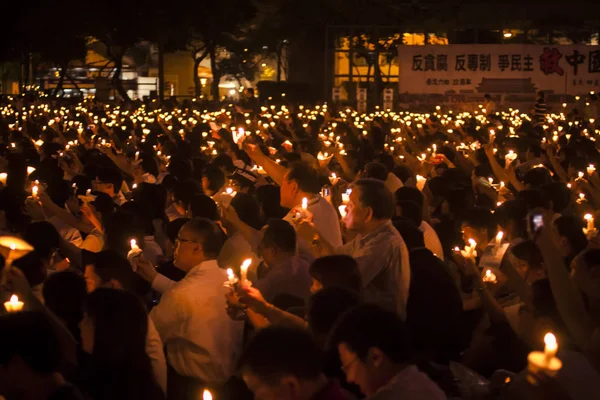
7. The Unfinished Work of Accountability
Even as one chapter concludes with Hankison’s sentencing, the demand for accountability does not end. Other officers involved in the raid still need to stand trial for tampering with the warrant, and the city’s consent decree with the DOJ hangs in the balance. For Tamika Palmer, the hurt never ends: “Breonna was the one killed physically, but me, I was killed mentally and emotionally.”
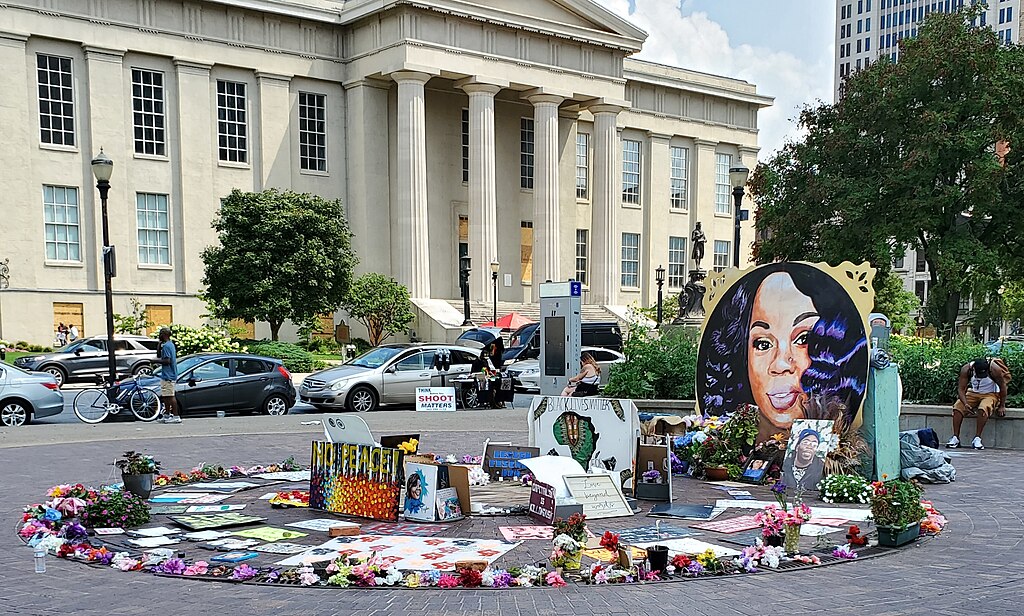
The people’s insistence remains unambiguous: actual accountability, not symbolic gestures. The Breonna Taylor case has never been about one person or one night it’s about a movement for justice that will not be silenced, even when institutions fail. As the thousands outside the courthouse demonstrated, the cry to “Say Her Name” is not a chant it’s a vow to keep demanding a world where all life is precious, and every injury is seen.


